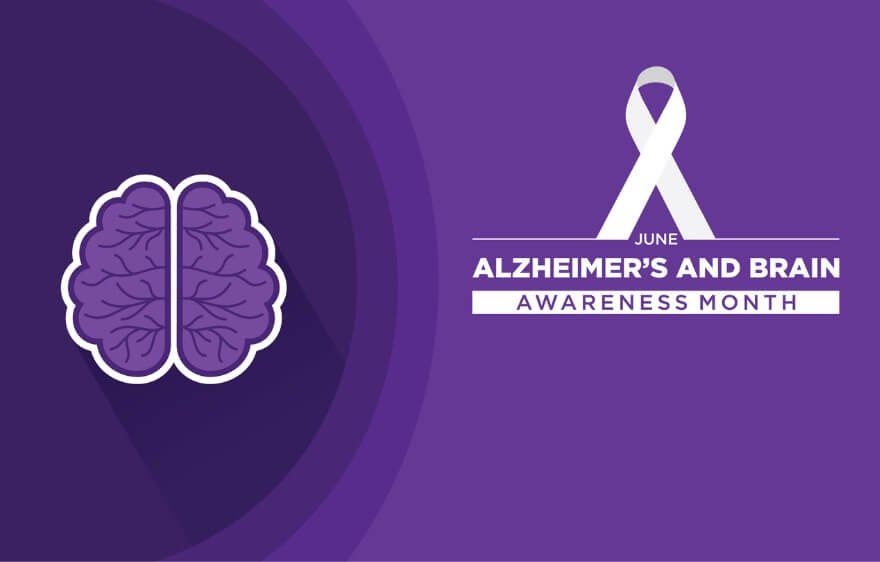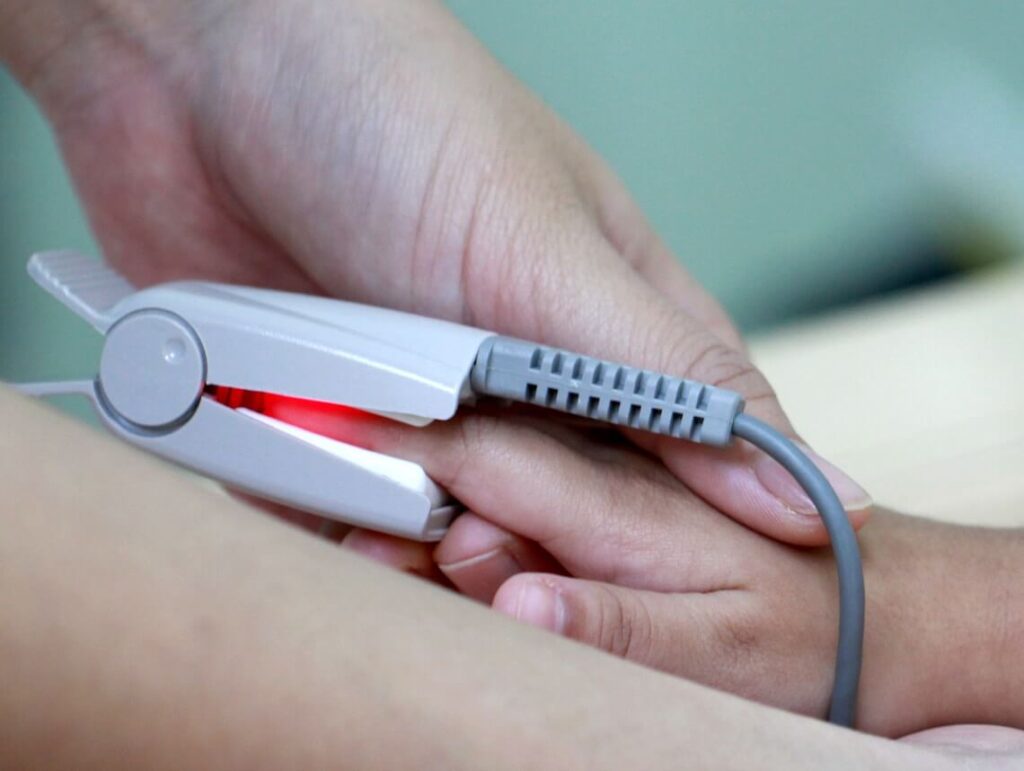If your senior loved one has dementia, you’re eventually looking for all of the tools that you can find in order to help you make life as easy as possible for your loved one. One tool you might be especially interested in is called validation therapy.
What Is Validation Therapy?
Validation therapy isn’t as complicated as it sounds. As the name suggests, your primary task is to validate your loved one’s beliefs and statements. You’re not trying to convince them of something else or change their mind, so that can relieve a bit of pressure from you. Working with a therapist or counselor can help teach you how to dig a little deeper and find the emotional causes behind some of your loved one’s behaviors.
It’s Not About Logic
Many of the things that a loved one who has dementia believes or says aren’t grounded in reality. Validation therapy is not about applying logic to these statements or beliefs because that will likely confuse your loved one further. Logic often disappears when you’re dealing with dementia-related behaviors, so it’s best to avoid trying to assert reality.
If It Won’t Hurt Them, Agree
A general rule of thumb is to go ahead and agree with what your loved one says or believes, especially if it’s not going to cause then harm. If they believe that a senior care provider is a relative, for example, this can be a harmless belief for them to have. As long as everyone involved is alright with the situation, accept it and move on.
Mirror Your Loved One’s Emotions
Another part of validation therapy involves mirroring and rephrasing your loved one’s emotions back to them. This can be reassuring for your senior loved one because it shows them that you understand what they’re feeling and expressing to you. If your loved one is feeling a negative emotion, such as anxiety or frustration, you may also want to include a statement such as, “I’m sorry that this is upsetting you.”
Validation therapy gets easier the more that you practice with it. Eventually, you’ll find it much easier to provide validation for your loved one.
Contact Care Options for Kids for Dementia Home Care Services
If you or an aging loved one are considering dementia home care services, contact the caring staff at Care Options for Kids. Call today (888) 592-5855.






